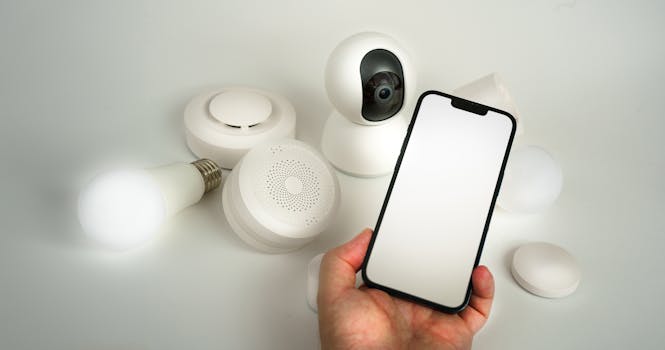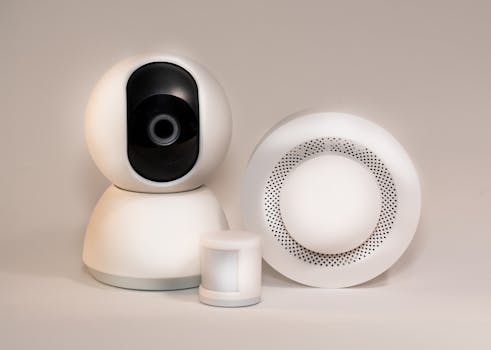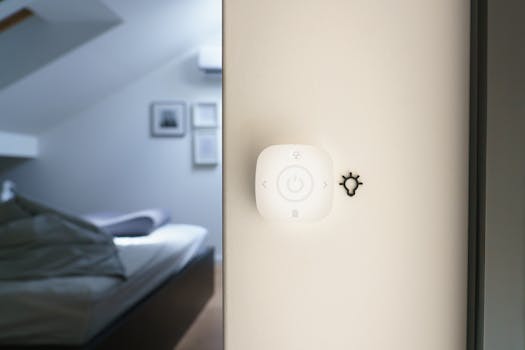Home Automation in 2025: The Smart Home Ecosystem
Home Automation in 2025: The Smart Home Ecosystem is revolutionizing the way we live and interact with our homes. With the latest advancements in Internet of Things (IoT) technology, smart devices, and artificial intelligence (AI), the smart home ecosystem is becoming increasingly sophisticated and integrated.
Introduction to Home Automation

Home automation refers to the use of technology to control and monitor various aspects of a home, including lighting, temperature, security, and entertainment systems. The goal of home automation is to create a convenient, comfortable, and safe living environment that meets the needs of its occupants. With the rise of smart home devices and platforms, home automation has become more accessible and affordable than ever before.
Key Components of the Smart Home Ecosystem

The smart home ecosystem consists of several key components, including:
- Smart Devices: These are devices that can be controlled and monitored remotely using a smartphone or voice assistant. Examples of smart devices include thermostats, lights, security cameras, and door locks.
- Hub or Gateway: This is the central device that connects all the smart devices in the home and allows them to communicate with each other and the outside world.
- Software or Platform: This is the operating system that controls and integrates all the smart devices in the home, providing a user-friendly interface for monitoring and controlling the smart home ecosystem.
- Sensors and Detectors: These are devices that detect and measure various parameters such as temperature, humidity, motion, and light, providing valuable data that can be used to optimize the smart home ecosystem.
Benefits of Home Automation

Home automation offers numerous benefits, including:
- Convenience: Home automation makes it easy to control and monitor various aspects of the home, saving time and effort.
- Energy Efficiency: Smart devices and sensors can help optimize energy consumption, reducing waste and saving money.
- Improved Safety and Security: Home automation can enhance safety and security by providing real-time monitoring and alerts, as well as automated emergency response systems.
- Increased Property Value: A smart home ecosystem can increase the value of a property, making it more attractive to potential buyers.
Conclusion

In conclusion, Home Automation in 2025: The Smart Home Ecosystem is a rapidly evolving field that is transforming the way we live and interact with our homes. With its numerous benefits, including convenience, energy efficiency, improved safety and security, and increased property value, home automation is becoming an essential component of modern living. As technology continues to advance, we can expect to see even more innovative and integrated smart home solutions that make our lives easier, more convenient, and more enjoyable.



